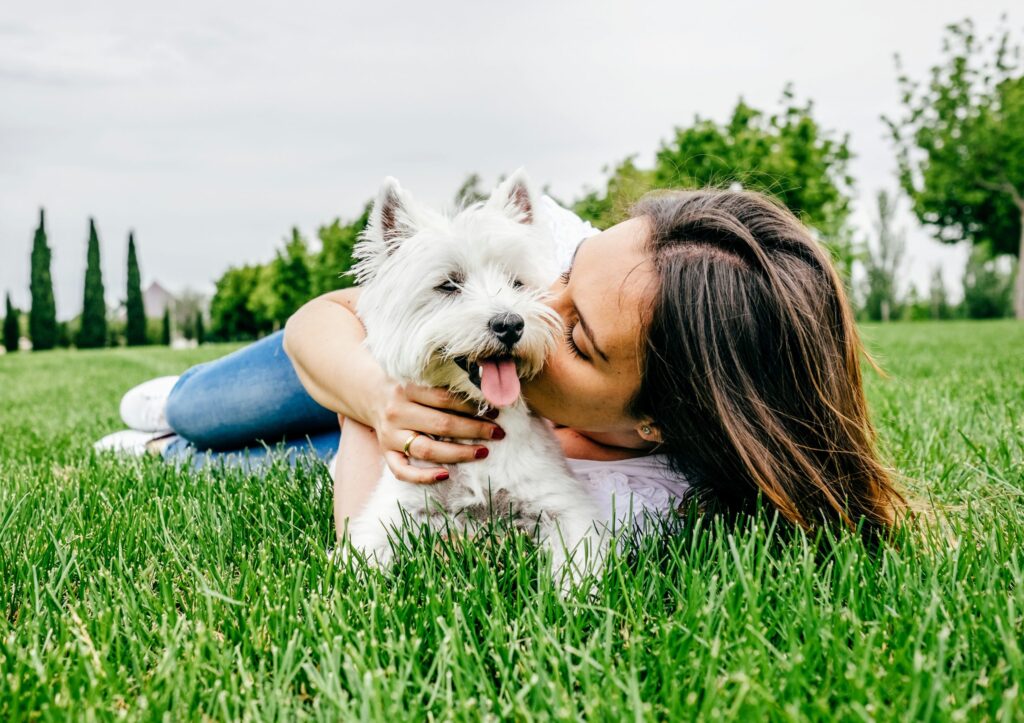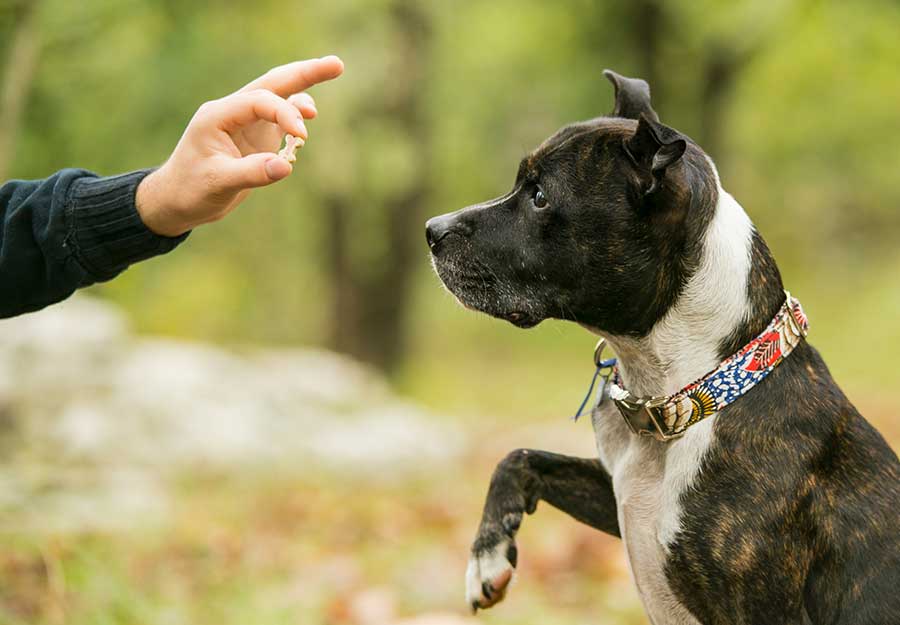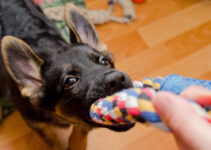Dogs, who are sometimes referred to as “man’s best friend,” have played a vital role in our lives for countless years. They were among the first animals to be tamed, and as such, they have travelled with people throughout history, acting as devoted friends, guardians, and co-workers. The special relationship that has developed between our two species is evidenced by the strong kinship that exists between people and dogs. Through the art of training, which not only improves the abilities and behaviours of our furry friends but also strengthens the emotional attachment between dogs and their human partners, this connection has been further enhanced.
The Canidae family, which includes dogs, is descended from wolves. Dogs were first domesticated thousands of years ago when people realized how valuable these gregarious and clever animals were. Dogs’ characteristics were gradually molded by humans to fit our requirements and preferences via selective breeding and cohabitation. Dogs have developed to be extremely versatile and varied in size, appearance, and temperament over time. A pivotal moment in human history was reached when wolves were domesticated and turned into dogs. Dogs helped people out in the beginning by aiding with tasks like herding, guarding, and hunting. Their function grew throughout time to encompass companionship and emotional support. Dogs become essential parts of human families, living in and loving in our houses. Those of you that need your dog domesticated and professionally dog trained, especially in and around Denver, visit this site for more info.
Now that we know all of this let’s see what we need to do to build a strong bond with our dogs throughout a good and balanced training session.
Contents
Effective communication and trust are the keys to understanding

Source: rd.com
Training gives you and your dog a foundation for efficient communication. Dogs are extremely observant and are capable of picking up on vocal cues, hand gestures, and nonverbal clues. You create unambiguous channels of communication throughout training sessions by constantly employing these signals. This knowledge establishes the basis for a solid connection and helps avoid misunderstandings, resulting in more peaceful cohabitation. Training fosters a relationship of mutual respect and trust with your dog. By investing time in your dog’s training, you demonstrate your concern for their well and pleasure. As your dog gains confidence in you as their pack leader and comes to rely on your regular training techniques, they will respect you more. This shared regard and trust for one another forges a strong and loving relationship that will weather any difficulties you may encounter together.
Mental stimulation is a true way to a happy and balanced dog
Your dog will benefit from training since it will keep their minds active and interested. Dogs are smart animals that like mental challenges. You may provide them the cerebral stimulation they need by teaching them new commands and tricks or even participating in advanced training exercises like agility or scent work. A dog that receives mental stimulation is more satisfied and balanced overall, is less prone to engage in harmful behaviours brought on by boredom.
Strengthening the Human-Dog Connection

Source: earth.com
Training sessions provide you and your dog important one-on-one time. These intentional exchanges deepen your relationship and enable you to relate to one another more deeply. You develop a sense of camaraderie and understanding that transcends language as a result of training, where you become sensitive to each other’s emotions and reactions. This connection lays a solid basis for a long-term partnership built on love and support for one another.
Problem-solving and bonding are what truly nurture adaptability and cooperation
Your dog will be better able to adjust to new circumstances and collaborate with you if it has been trained to solve problems. Your dog develops situational analysis, decision-making skills, and appropriate response skills as you introduce different training tasks. They become more self-assured and well-behaved friends in a variety of settings because to their adaptability and collaboration in other areas of their lives. Training has advantages outside of formally scheduled sessions. Your dog develops deep habits that reflect the abilities and behaviors that were taught throughout training. These abilities help you and your dog to seamlessly traverse the environment, from leash walking to interacting with other dogs and people. Your relationship is strengthened by your shared experiences outside of training sessions, such as hiking, playing catch, or just lounging on the sofa, which help you make enduring memories.
Tips for Successful Training

Source: freepik.com
-
Patience and Consistency
Dogs learn at their own pace, so patience is key. Consistent training methods and routines help reinforce desired behaviours.
-
Positive Reinforcement
Reward-based training using treats, praise, and playtime motivates your dog and fosters a positive association with training.
-
Bonding Activities
Incorporate activities like interactive play, exploring new environments, and relaxation time into your training routine to enhance the bond.
-
Professional Guidance
Consider seeking professional guidance from a certified dog trainer or attending obedience classes. They can provide valuable insights, personalized training plans, and expert advice tailored to your dog’s specific needs, helping you achieve the best results.
-
Be Flexible
Adapt your training approach to suit your dog’s individual temperament, learning style, and age. Some dogs may respond better to certain training methods or require more time to grasp certain concepts.
-
Keep it Fun
Training should be enjoyable for both you and your dog. Incorporate playfulness, enthusiasm, and variety into your sessions to keep your dog engaged and excited about learning.
-
Regular Practice
Consistency is crucial. Set aside regular time for training sessions, even if they are short. Regular practice reinforces learning and helps maintain the bond you have established.
-
Avoid Punishment
Positive reinforcement is the most effective and humane approach to training. Avoid using punishment or harsh methods, as they can damage the trust and bond you have built with your dog.
The road of creating a solid relationship with your dog takes time, work, and devotion. Training acts as a potent instrument to strengthen this connection, encouraging good communication, trust, respect, and understanding between parties. By spending money on training, you provide your dog cerebral exercise, problem-solving abilities, and the flexibility to adjust to diverse circumstances. Beyond the confines of the gym, everyday activities offer chances for connecting and making priceless memories. Always keep in mind that successful training requires persistence, patience, positive reinforcement, and, if necessary, expert advice. Accept the training process and observe as your bond with your dog develops into a lifelong partnership characterized by love and trust.


